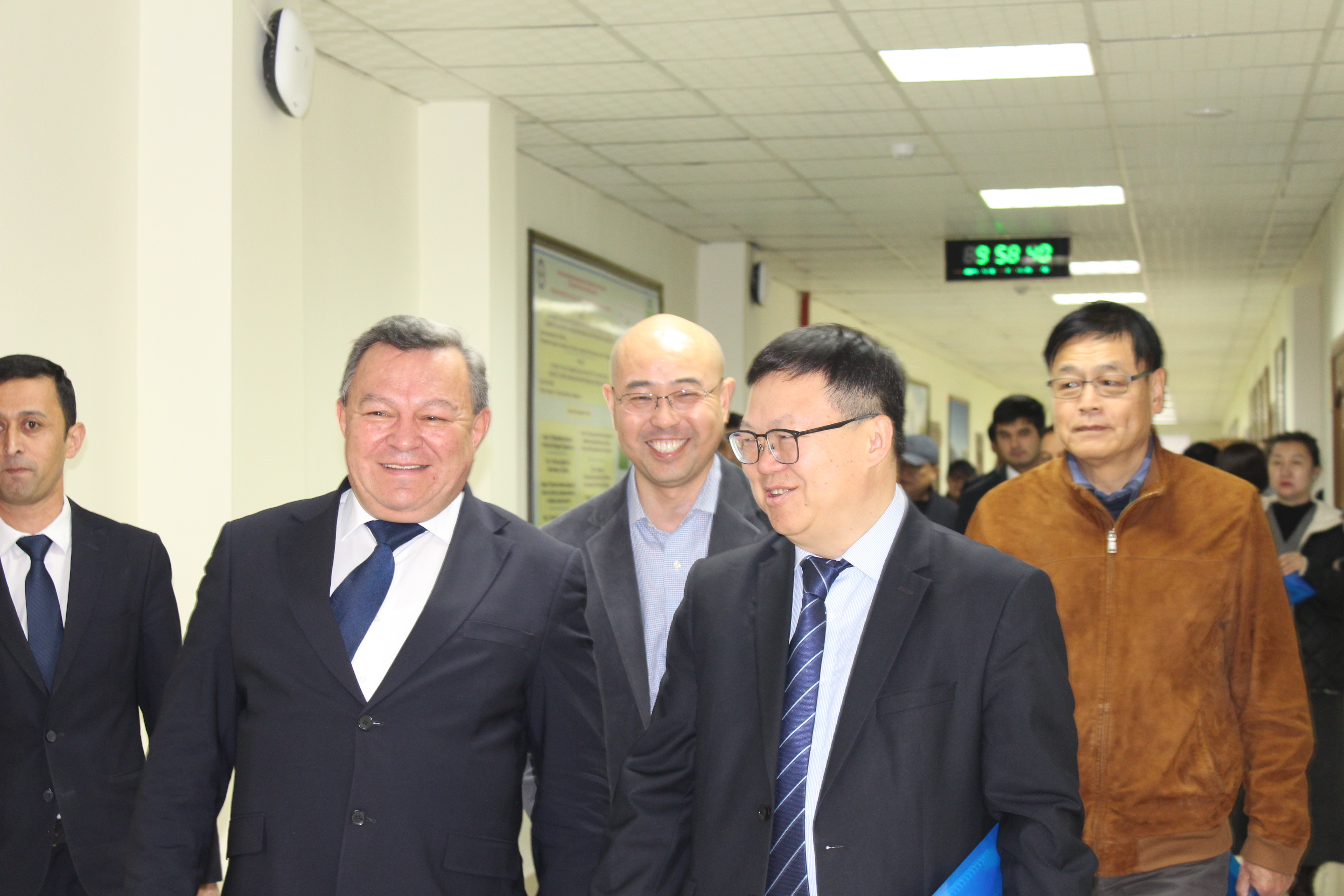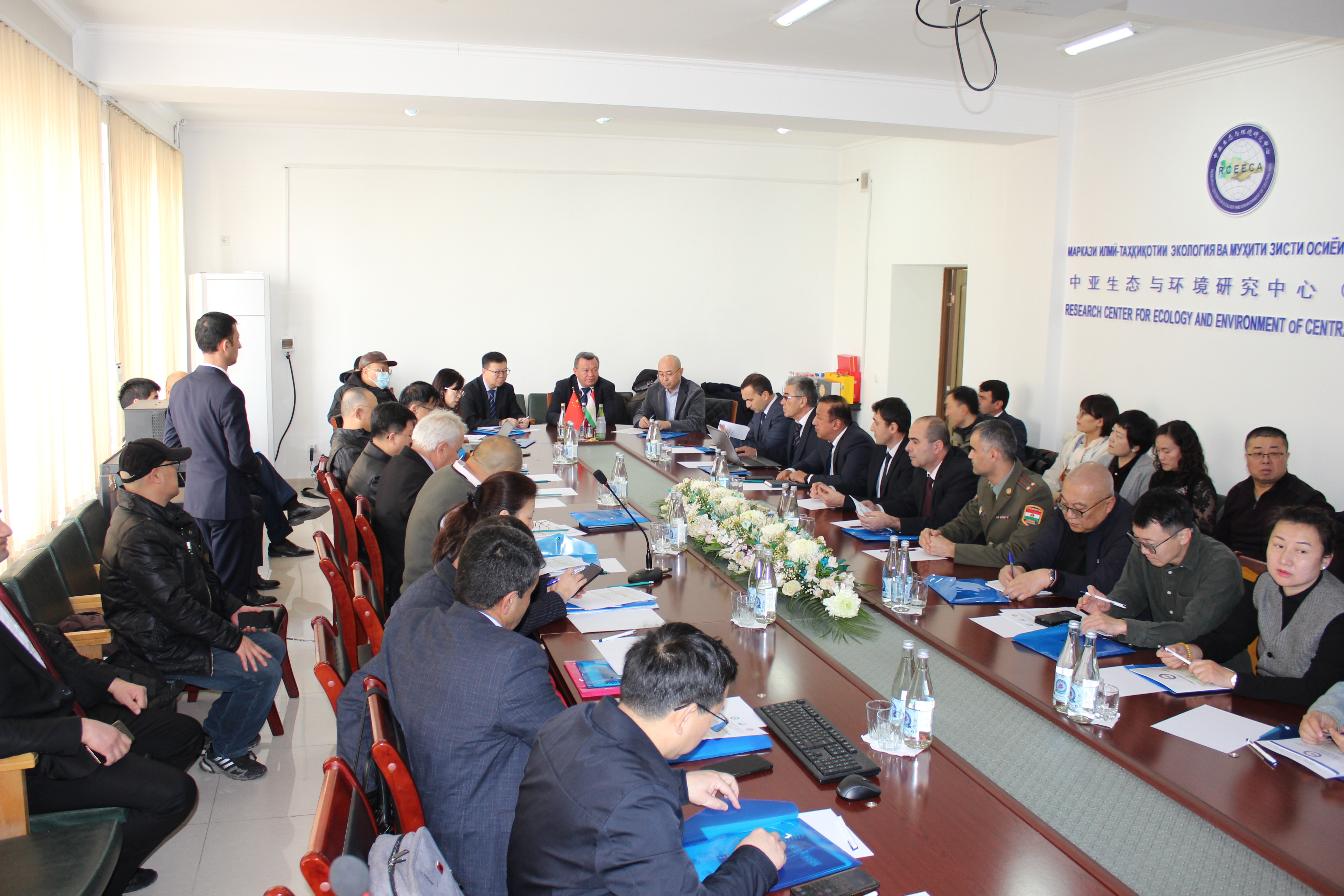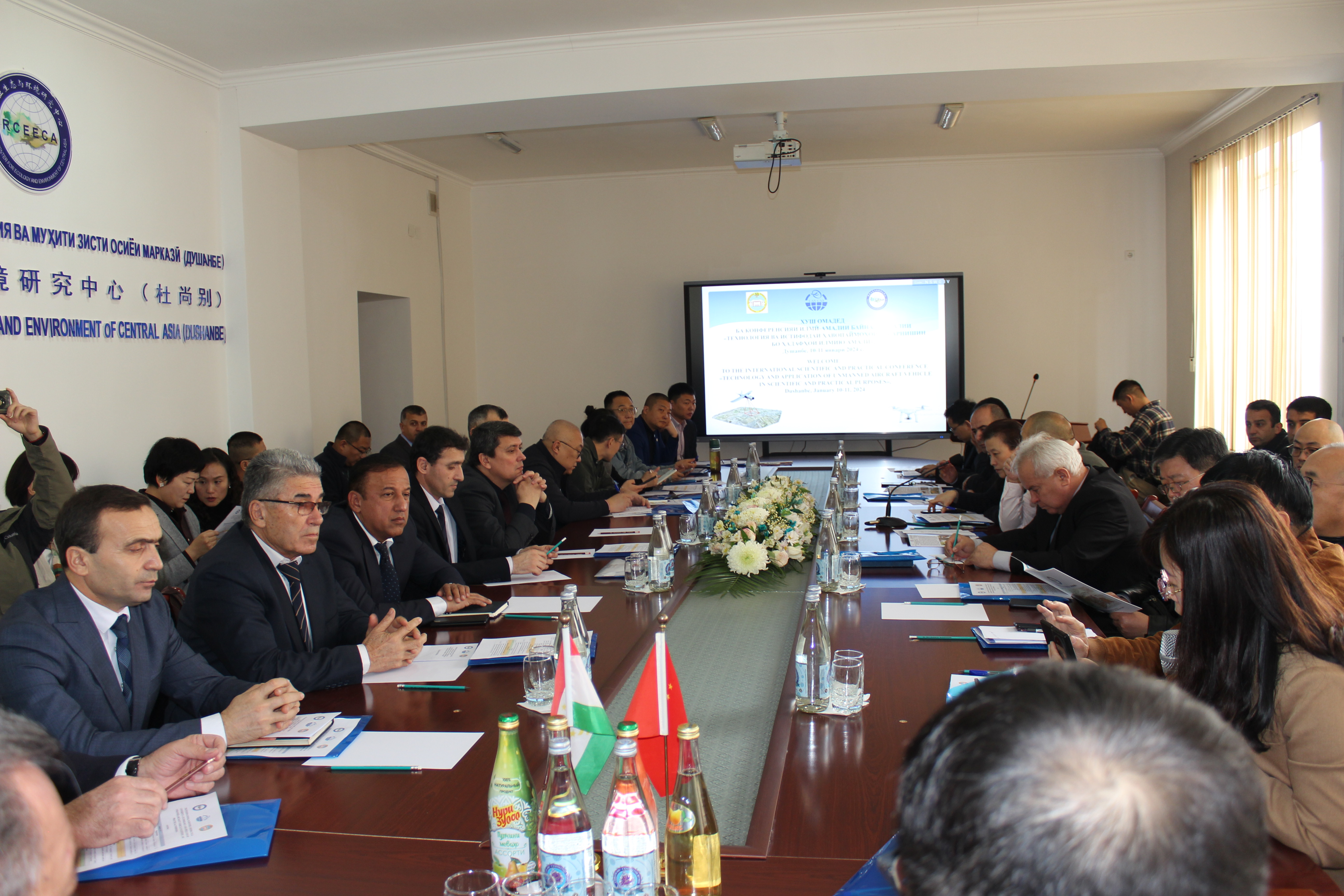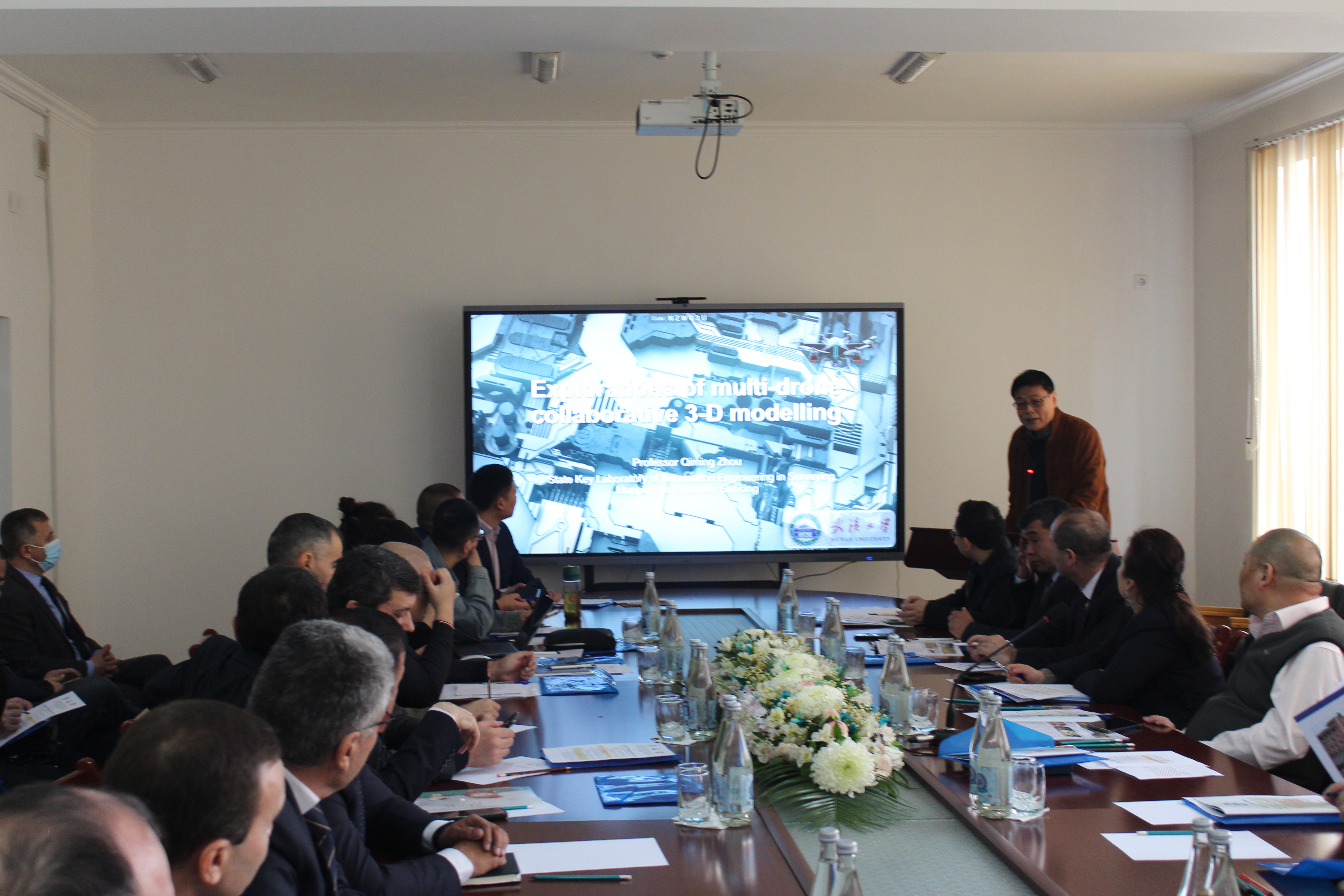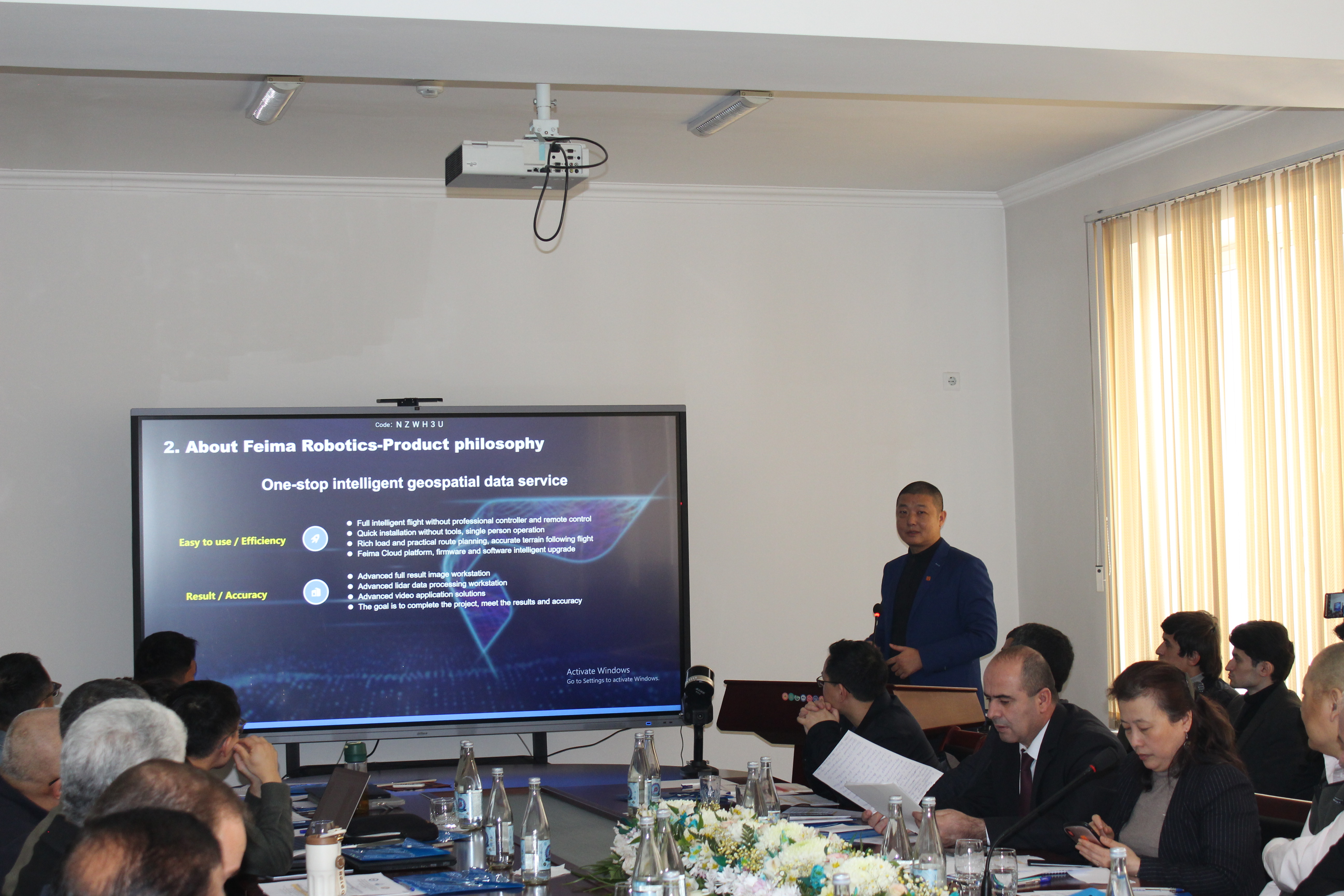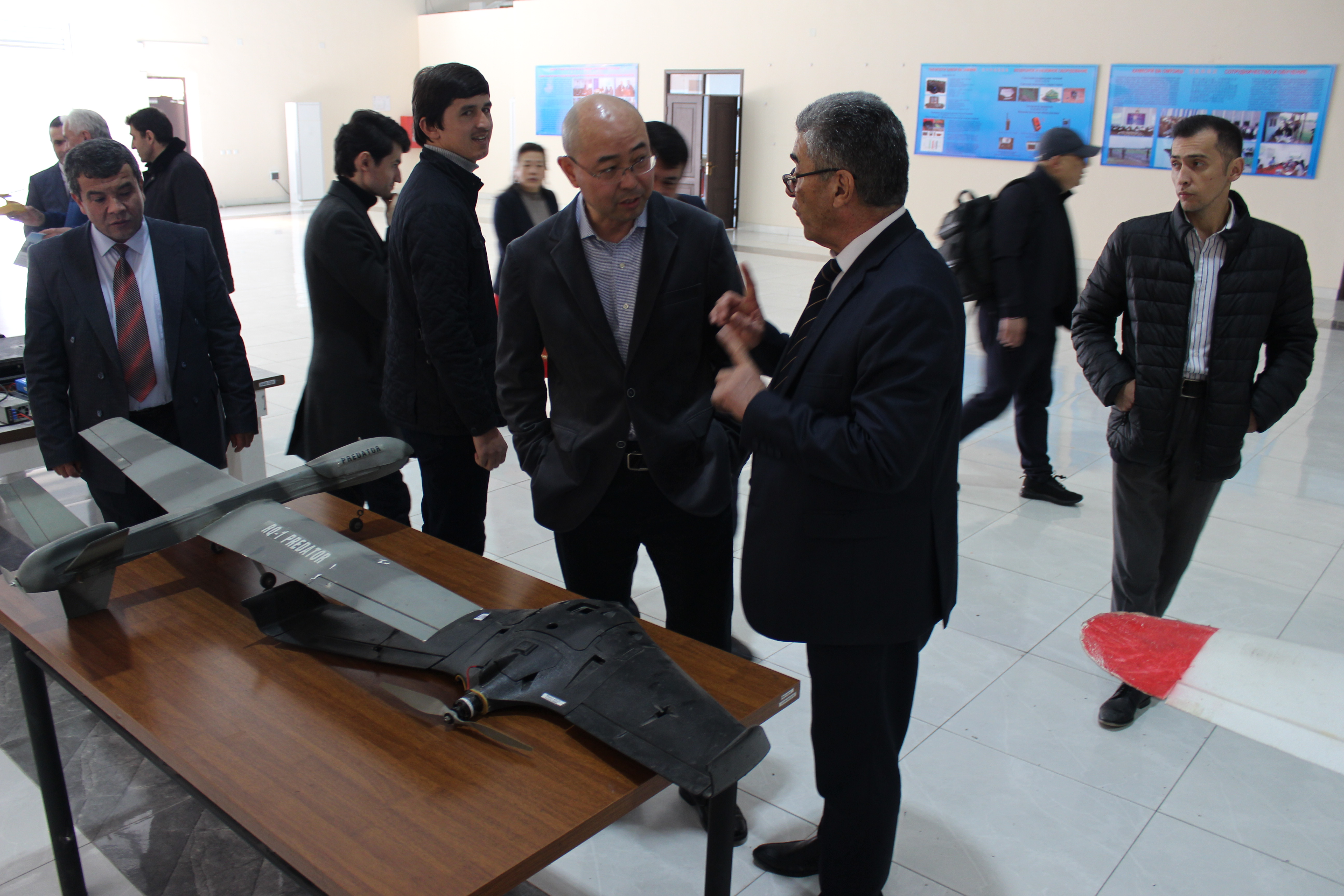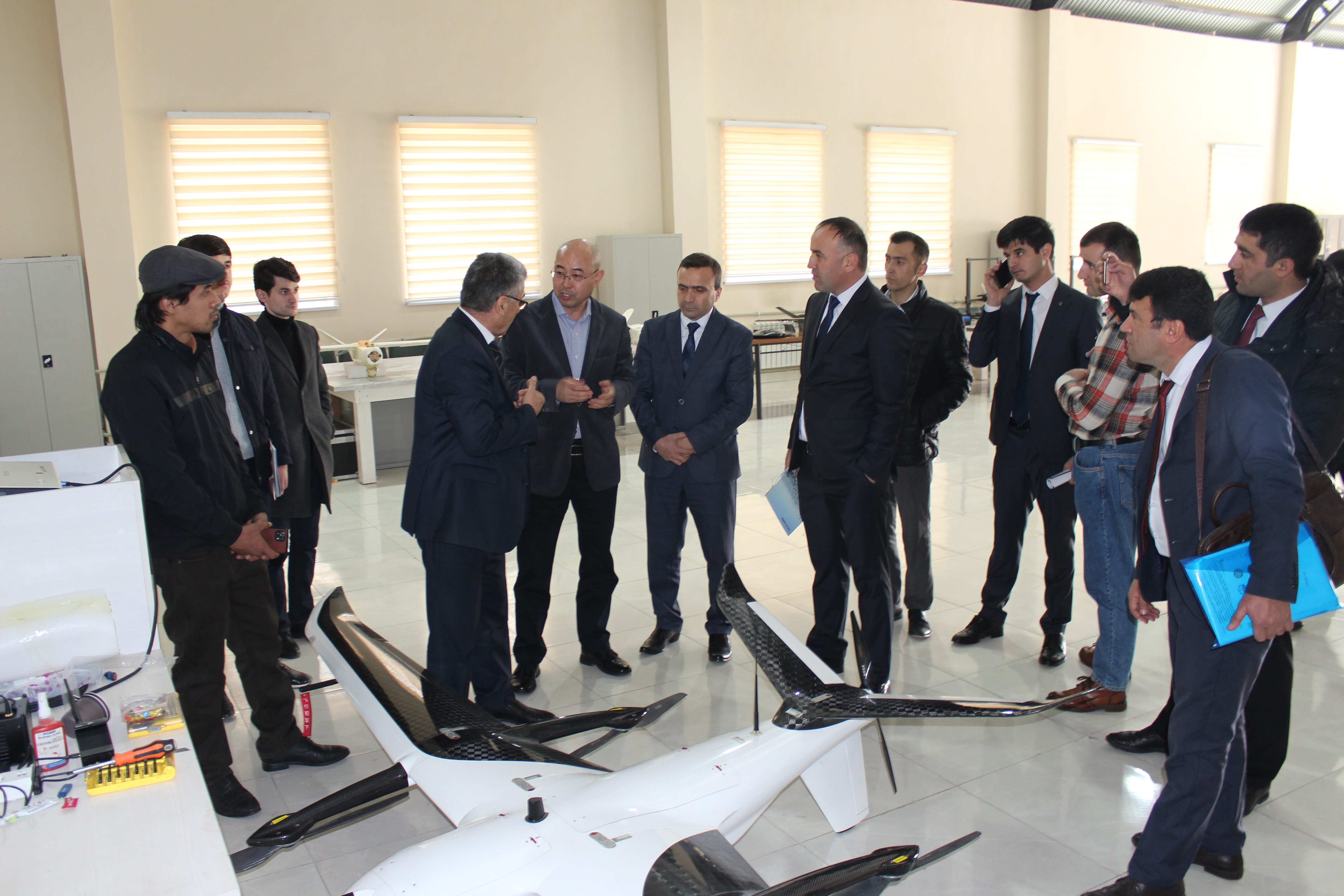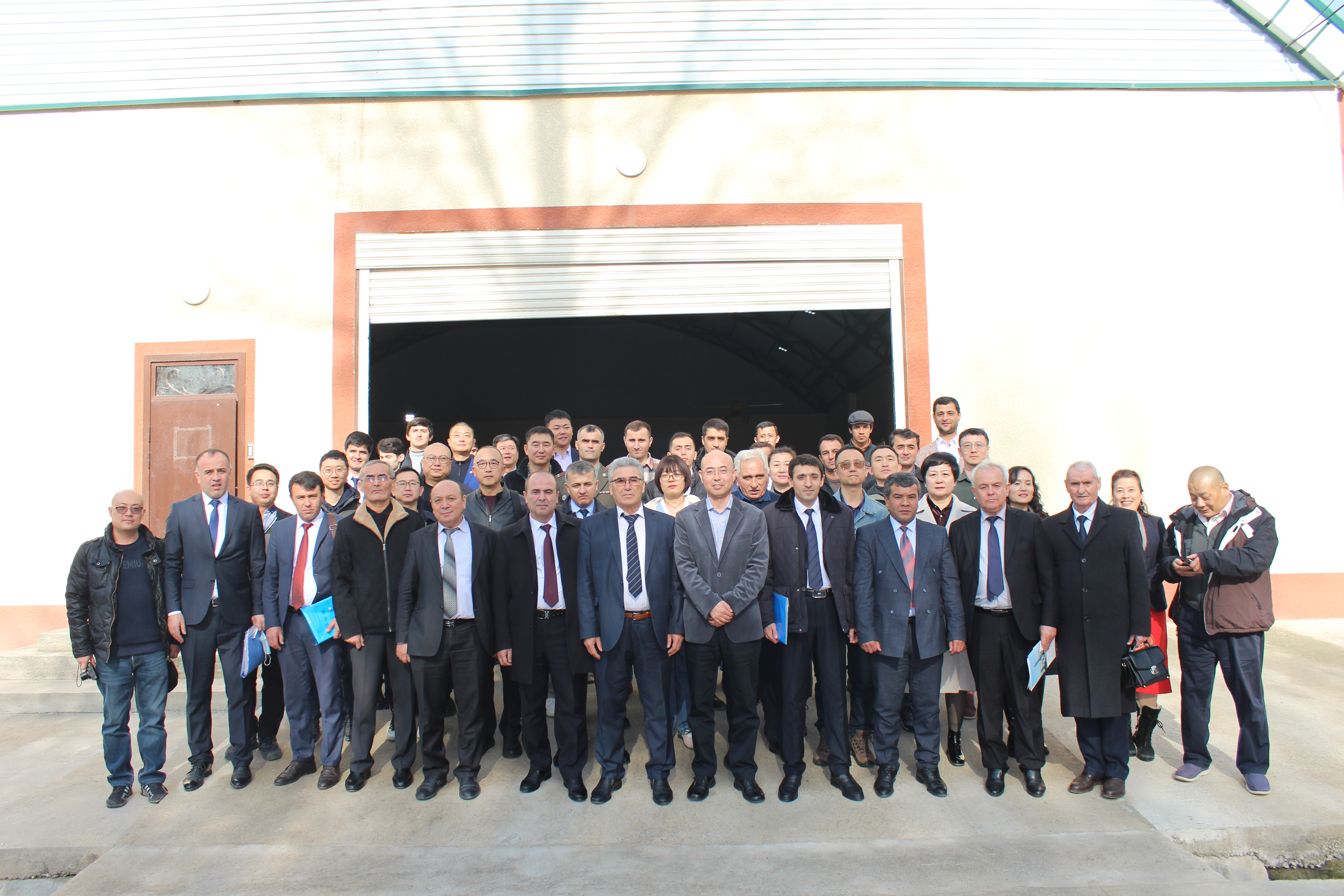In order to implement of the Plan for holding scientific and technical events for 2024, which was approved by the Resolution of the general assembly of the National Academy of Sciences of Tajikistan No. 3 of January 5, 2024, on January 10, 2024, at the Research Center for Ecology and Environment of Central Asia (Dushanbe) an international scientific-practical conference was held on the topic "Technology and application of unmanned aircraft vehicles in scientific and practical purposes". More than 60 local and foreign scientists and experts participated in this conference.
The president of the National Academy of Sciences of Tajikistan, academician Farhod Rahimi with opening speech started the conference. Then the General Director of the Research Center for Regulation and Application of Unmanned Aircraft of the Chinese Academy of Sciences, Professor Lia Shohan, Vice President of the Xinjiang Section of the Chinese Academy of Sciences, Professor Chen Xi and the Deputy Director of the Research Center for Ecology and Environment of Central Asia of the Chinese Academy of Sciences, Professor Li Yaoming had a speech.
In the plenary session of the conference, scientific papers were presented on the topics of "WOSHARK - UAV for fast remote sensing" (Professor Liao Xiaohan, Institute of Geographical Sciences and Natural Resources Research, Chinese Academy of Sciences), "Research on joint three-dimensional modeling of drones" (Prof. Zhou Qiming, HKSU Shenzhen Institute of Research and Continuing Education), "Development and Application of unmanned aircraft vehicles in Xinjiang Institute of Ecology and Geography" (Engineer Zhang Junjian, Xinjiang Institute of Ecology and Geography, Chinese Academy of Sciences), "Using UAVs in Agricultural Disaster Monitoring and Pest Control" (Professor Qian Jing, Shenzhen Institute of Advanced Technology, Chinese Academy of Sciences) and other reports.
After reviewing and discussing scientific reports, the conference participants proposed scientific research and practical work related to the study and monitoring of natural ecosystems, glaciers, river basins, pastures, natural resources, assessing the risk of natural disasters in vulnerable areas, in agriculture and other important sectors of the economy countries. Also take the necessary measures to train young engineers and specialists in the field of using unmanned aerial vehicles for scientific and practical purposes.

